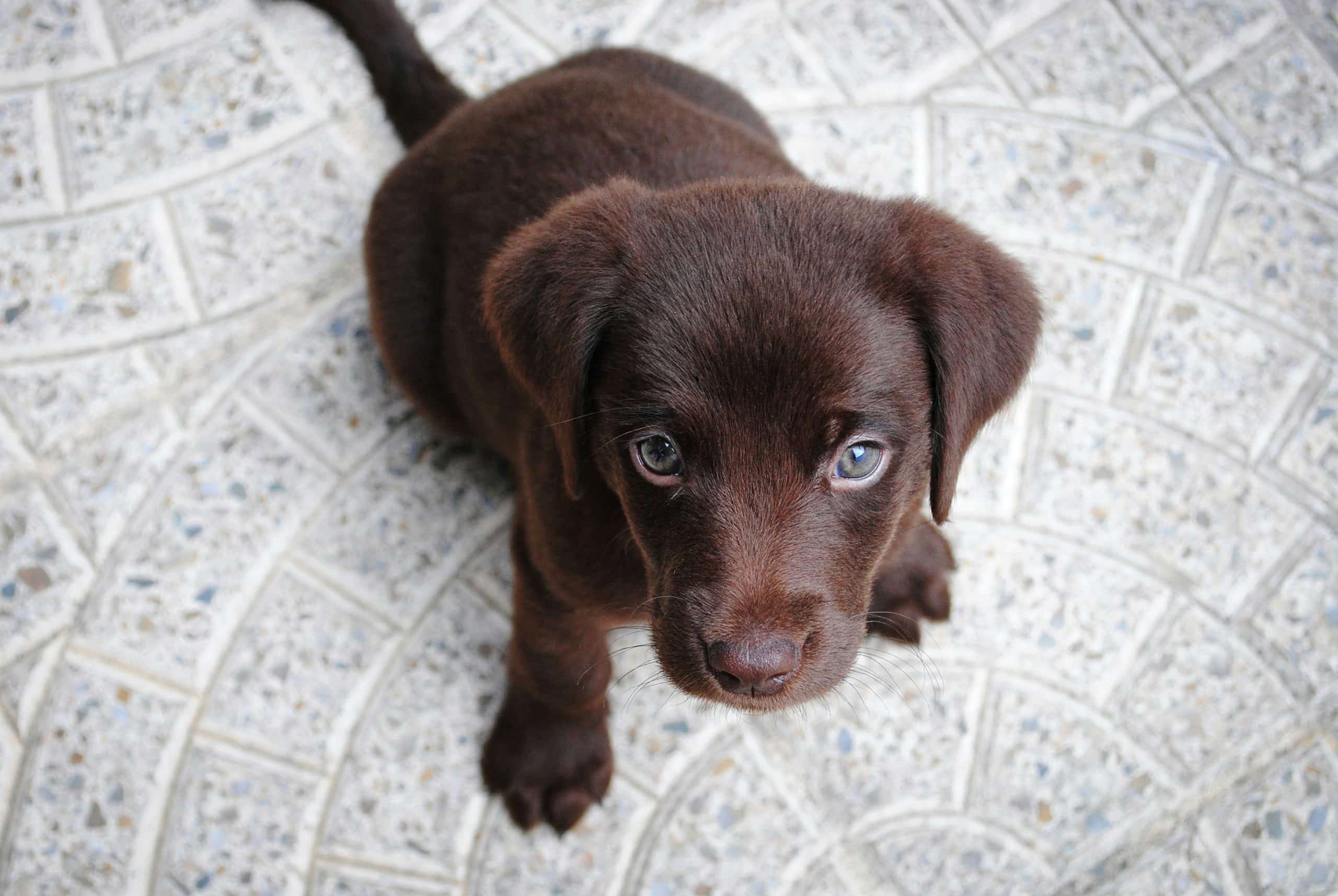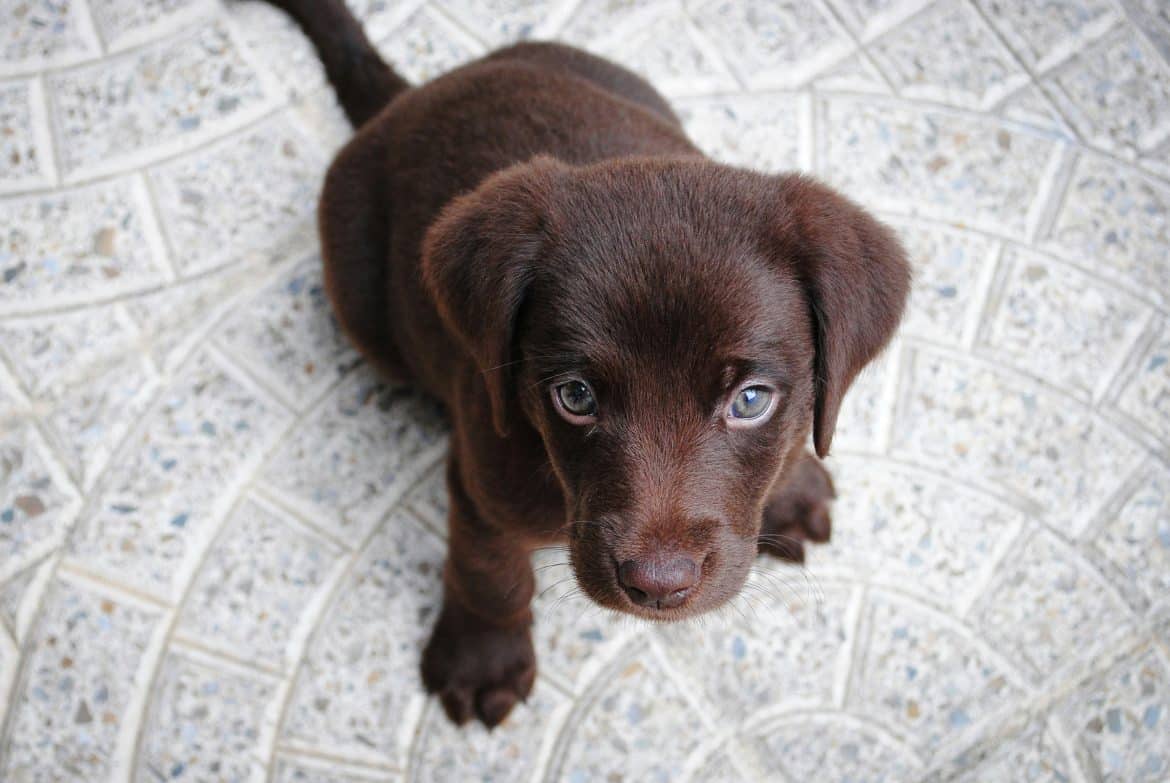Have you ever wondered about the costs associated with cremating your beloved pet? In this article, we will explore the different factors that can influence animal cremation costs and provide you with valuable insights to help you budget for your pet's aftercare. From cremation options to additional services, we will delve into the details to ensure you have all the information you need to make an informed decision and honor your furry friend's memory in the most thoughtful way possible.
Understanding the Importance of Budgeting for Your Pet's Aftercare
Pets play a significant role in our lives, providing us with love, companionship, and joy. When the time comes to say goodbye to our beloved furry friends, it can be an emotional and challenging experience. Alongside dealing with our grief, we also need to consider the financial aspects of aftercare for our pets. Understanding the importance of budgeting for your pet's aftercare is crucial to ensuring that your pet receives the respectful and dignified farewell they deserve.
Why is it important to budget for your pet's aftercare?
Budgeting for your pet's aftercare allows you to be prepared for the financial obligations that come with saying goodbye to your furry companion. When the time comes, you may not be in the right frame of mind to make decisions about aftercare, and having a predetermined budget can help alleviate some of the stress during this difficult time.
Additionally, by budgeting for your pet's aftercare, you can ensure that you can provide them with the farewell they deserve. Whether it's cremation, burial, or other memorial options, having a budget can help you make choices that align with your values and give you peace of mind.

This image is property of images.unsplash.com.
The emotional and financial impact of losing a pet
Losing a pet is a profound emotional experience. Pets become cherished members of our families, and their loss can be as devastating as losing a human loved one. The grieving process that follows the loss of a pet can vary from person to person, but it generally involves feelings of sadness, guilt, and even depression.
In addition to the emotional impact, the loss of a pet can also have financial implications. Aftercare expenses, including cremation or burial costs, can quickly add up. By understanding the financial impact of losing a pet and budgeting accordingly, you can ensure that you are prepared to handle these expenses without adding unnecessary stress to an already difficult situation.
Planning ahead for aftercare expenses
Planning ahead for your pet's aftercare expenses is an essential part of responsible pet ownership. By considering your options and estimating the costs associated with each, you can create a comprehensive budget that takes into account your pet's afterlife arrangements.
Start by researching the different types of aftercare available, such as cremation or burial in a pet cemetery. Each option comes with its own costs, so it's crucial to understand what is involved and how much you are willing to spend. Once you have a clear idea of the type of aftercare you prefer, you can begin to research local service providers and gather quotes to compare prices.
While it may be uncomfortable to think about end-of-life arrangements for your pet, planning ahead allows you to make informed decisions without the added pressure and emotional strain that comes with their passing. It also ensures that you can provide the best possible farewell for your beloved companion, honoring their memory and giving them the respect they deserve.
This image is property of images.unsplash.com.
Different Types of Animal Cremation
When it comes to aftercare for your pet, cremation is a popular option chosen by many pet owners. Understanding the different types of animal cremation available can help you make an informed decision about the best option for your pet's afterlife arrangements.
Individual cremation
Individual cremation involves the cremation of one pet at a time, ensuring that your pet's remains are kept separate from others. After the cremation process, their ashes are carefully collected and returned to you, allowing you to keep them in an urn or scatter them in a place of significance.
Group or communal cremation
Group or communal cremation involves the cremation of multiple pets together. In this process, the ashes are typically not separated, and they may be scattered in a memorial garden or another designated area. While this option is more cost-effective, you will not receive your pet's individual ashes.
Private cremation
Private cremation offers a middle ground between individual and communal cremation. In this option, multiple pets are cremated together, but their ashes are kept separate. After the cremation, the ashes are collected and returned to the respective pet owners.
Viewing or witnessing cremation
Some pet crematoriums offer the option for pet owners to witness or participate in the cremation process. This can provide comfort and closure for some individuals, allowing them to be present during their pet's final moments. Not all crematoriums offer this service, so it's important to inquire about it if it is something you are interested in.
Factors Affecting Animal Cremation Costs
The cost of animal cremation can vary depending on several factors. Understanding these factors can help you estimate the expenses and budget accordingly for your pet's aftercare.
Size and weight of the pet
The size and weight of your pet can have a significant impact on the cost of the cremation. Larger pets require more time, resources, and fuel to complete the cremation process, resulting in higher costs. Smaller pets, on the other hand, generally have lower cremation costs.
Type of cremation chosen
As discussed earlier, the type of cremation you choose for your pet can also affect the cost. Individual cremation tends to be more expensive than group or communal cremation, as it requires dedicated resources and ensures the return of your pet's individual ashes.
Location and crematorium fees
Crematorium fees can vary depending on your location and the specific crematorium you choose. Urban areas may have higher fees compared to rural locations, and different crematoriums may have varying price structures. It's essential to research local crematoriums and compare their fees to find one that aligns with your budget.
Additional services and urn options
Some crematoriums offer additional services, such as witnessing the cremation or providing personalized urns. These services often come at an extra cost but may provide added value if they align with your preferences and budget. Consider the availability and cost of these additional services when budgeting for your pet's aftercare.
This image is property of images.unsplash.com.
Comparing Animal Cremation Costs
When comparing animal cremation costs, it's crucial to conduct thorough research and gather quotes from multiple service providers. This will allow you to make an informed decision and ensure that you are getting the best value for your money.
Researching local pet cremation service providers
Start by researching local pet cremation service providers in your area. Look for reputable and established crematoriums with positive reviews and a history of providing compassionate and professional services. Online directories, vet recommendations, and pet owner communities can be valuable resources for finding reliable cremation service providers.
Requesting quotes and price comparisons
Once you have identified a list of potential cremation service providers, reach out to them and request quotes for their services. Be sure to provide accurate information about your pet's size and weight to get an accurate estimate. Take the time to compare the quotes you receive, considering both the cost and the services included.
Considering the reputation and reviews of the crematoriums
While cost is an important consideration, it's equally important to consider the reputation and reviews of the crematoriums you are considering. Look for testimonials and reviews from previous customers to get a sense of their experiences. A crematorium with a strong reputation for providing compassionate and reliable services may be worth the additional cost.
Comparing prices based on the type of cremation
When comparing prices, be sure to differentiate between the different types of cremation available. Compare the costs for individual cremation, group or communal cremation, and private cremation separately to get a clear understanding of the pricing for each option. This will help you make an informed decision based on your budget and preferences.
Budget-Friendly Alternatives to Animal Cremation
While animal cremation is a popular choice for aftercare, it may not be the right option for everyone. Luckily, there are several budget-friendly alternatives to animal cremation that can provide a meaningful and respectful farewell for your pet.
Burial in a pet cemetery
Burial in a pet cemetery is a common alternative to animal cremation. Many pet cemeteries offer burial plots and services at various price points, allowing you to choose an option that fits your budget. Burial in a pet cemetery provides a designated space for your pet's final resting place and offers the opportunity for visitation and memorialization.
Home burial options
For those who prefer to keep their pet's remains close to home, home burial is an alternative to consider. Check your local regulations and laws regarding home burials for pets, as requirements may vary. Home burial allows you to create a personal and intimate memorial space for your pet and can often be a more cost-effective option compared to cremation or burial in a pet cemetery.
Pet memorialization through keepsakes and jewelry
If you want to keep your pet's memory close to your heart, pet memorialization through keepsakes and jewelry is an excellent option. Many companies offer personalized jewelry and keepsakes that incorporate a small portion of your pet's ashes, fur, or pawprint. These items serve as a beautiful and lasting tribute to your beloved companion and can be passed down as family heirlooms.
Donating to pet cremation assistance programs
In some cases, financial constraints may make it difficult to afford any type of aftercare for your pet. Fortunately, there are pet cremation assistance programs and organizations that can provide support during these challenging times. These programs rely on donations to offer free or low-cost aftercare services to pet owners in need. Consider reaching out to these organizations or checking if there are local initiatives in your area.
Importance of Preparing for Aftercare Costs in Advance
Preparing for your pet's aftercare costs in advance is crucial for several reasons. It allows you to make thoughtful decisions without the added stress and emotional burden that comes with their passing. Here are some tips to help you prepare financially for your pet's aftercare.
Financial planning for pet aftercare
Include aftercare expenses in your overall financial planning for pet ownership. Take into account the potential costs associated with cremation, burial, or other aftercare options. Set aside a specific amount in your budget each month for pet-related expenses, including aftercare.
Pet insurance and aftercare coverage
Consider pet insurance that includes coverage for aftercare expenses. Some pet insurance policies offer add-ons or optional coverage for cremation or burial costs. Review your policy or explore different insurance options to see if this would be a valuable investment for your pet's aftercare needs.
Creating a savings fund for aftercare expenses
Set up a dedicated savings fund specifically for your pet's aftercare expenses. By regularly contributing to this fund, you can accumulate a significant amount over time, ensuring that you have the necessary funds when the time comes. Treat this savings fund as a priority in your financial planning.
Discussing aftercare plans with family members
Openly discuss your aftercare plans with your family members and loved ones. Ensure that everyone is on the same page and understands the financial implications of aftercare. By having these discussions in advance, you can avoid any potential misunderstandings or conflicts when the time comes.
Emotional Considerations for Pet Aftercare
The emotional aspect of pet aftercare is just as important as the financial aspect. As pet owners, it's crucial to recognize and address our emotions during this challenging time.
Grieving the loss of a pet
Grief is a natural and expected response to losing a pet. Allow yourself to grieve and process your emotions in a healthy way. Seek support from friends, family, or support groups that specialize in pet loss. Remember that everyone grieves differently, and it's essential to give yourself the time and space you need to heal.
Supporting children and family members during aftercare
The loss of a pet can be particularly challenging for children and other family members. Be open and honest with them about what happens during aftercare and encourage them to express their feelings. Reassure them that it's okay to grieve and provide them with support and outlets for their emotions.
Honoring and memorializing your pet
Finding ways to honor and memorialize your pet can be a healing experience. Consider holding a memorial service or creating a tribute to celebrate their life. Planting a tree, creating a photo album, or writing a letter to your pet can provide comfort and allow you to reminisce about the happy times you shared.
Seeking support through pet loss counseling
If you find that your grief is overwhelming or impacting your daily life, consider seeking support from a pet loss counselor or therapist. These professionals specialize in helping individuals navigate the complex emotions associated with pet loss. They can provide guidance and coping mechanisms to help you through the grieving process.
Understanding the Process of Animal Cremation
When choosing animal cremation as your preferred aftercare option, it's essential to have a basic understanding of the process. This knowledge can provide comfort and ensure that you are informed throughout the journey.
Collection and transportation of the pet's remains
Following your pet's passing, their remains will be collected and transported to the crematorium. Most pet crematoriums have designated vehicles and protocols in place to ensure the respectful handling of your pet's remains during this process.
Preparation and identification
Upon arrival at the crematorium, your pet's remains will undergo preparation and identification procedures. This includes ensuring that your pet is correctly identified throughout the entire cremation process. Crematorium staff will typically use tags or other identification methods to ensure that your pet's ashes are returned to you accurately.
Cremation process and equipment
The cremation process involves placing your pet's remains in a specially designed cremation chamber. The chamber is heated to high temperatures, typically exceeding 1,400 degrees Fahrenheit, to ensure the complete reduction of your pet's remains to ashes. The cremation process can take several hours, depending on the size of your pet.
Return of the pet's ashes
Once the cremation process is complete, the ashes are carefully collected, processed, and placed in an urn or other container. The urn containing your pet's ashes will then be returned to you, allowing you to choose how you wish to memorialize your beloved companion.
Choosing a Reputable Pet Cremation Service
Choosing a reputable pet cremation service is essential to ensure that your pet receives the respect and dignity they deserve during their aftercare journey.
Researching the crematorium's credentials and certifications
When researching pet cremation service providers, look for credentials and certifications that demonstrate their professionalism and commitment to quality. Accreditation from recognized organizations and affiliations with industry groups can provide peace of mind and assurance that your pet will be treated with care.
Checking for proper licenses and permits
Ensure that the crematorium you choose has the necessary licenses and permits to operate legally. These licenses and permits indicate that the facility meets the required standards and adheres to local regulations. Requesting proof of their licenses and permits is a reasonable and important step in choosing a reputable pet cremation service.
Visiting the facility and observing their practices
If possible, visit the pet crematorium in person to get a sense of their facilities and practices. Look for cleanliness, organization, and the overall professionalism of the staff. A reputable crematorium will be transparent in giving you a tour of their facilities and answering any questions you may have.
Asking for recommendations and testimonials
Word-of-mouth recommendations and testimonials are invaluable resources when selecting a pet cremation service. Ask your veterinarian, friends, family, or local pet owner communities for recommendations. Hearing about others' experiences can provide insight into the quality of service and give you confidence in your choice.
Planning for Aftercare as Part of Responsible Pet Ownership
Planning for aftercare is an essential aspect of responsible pet ownership. By including aftercare expenses in your pet's overall budget and preparing for the inevitable, you can ensure that you are equipped to give your pet the farewell they deserve.
Including aftercare expenses in your pet's overall budget
When creating a budget for your pet's care, it's important to include aftercare expenses as a separate category. Allocate a specific amount each month for aftercare, taking into consideration the potential costs associated with your chosen aftercare option.
Considering aftercare options before the need arises
Avoid making decisions about aftercare in the midst of grief by considering your options before the need arises. Research different aftercare options and discuss them with your family and veterinarian. By contemplating your choices in advance, you can make an informed decision that aligns with your preferences and budget.
Discussing aftercare preferences with your veterinarian
Your veterinarian is a valuable resource when it comes to discussing aftercare preferences for your pet. They can provide guidance, answer any questions you may have, and offer recommendations for reputable service providers. Engage in these conversations early on to ensure that you have an understanding of the options available to you.
Making informed decisions based on your pet's needs
Each pet is unique, and their aftercare should reflect their individual needs and the bond you share. Consider your pet's personality, preferences, and the values that guide your decisions. By making informed decisions that prioritize your pet's well-being, you can ensure that they receive the respectful and dignified farewell they deserve.
In conclusion, understanding the importance of budgeting for your pet's aftercare is essential for responsible pet ownership. By considering the emotional and financial impact of losing a pet, planning ahead for aftercare expenses, and exploring different types of animal cremation and alternatives, you can make informed decisions that align with your pet's needs and your budget. Preparing for aftercare costs in advance, addressing the emotional considerations, understanding the cremation process, choosing a reputable pet cremation service, and planning ahead as part of responsible pet ownership are all integral facets of ensuring that your beloved companion receives the proper farewell they deserve.




